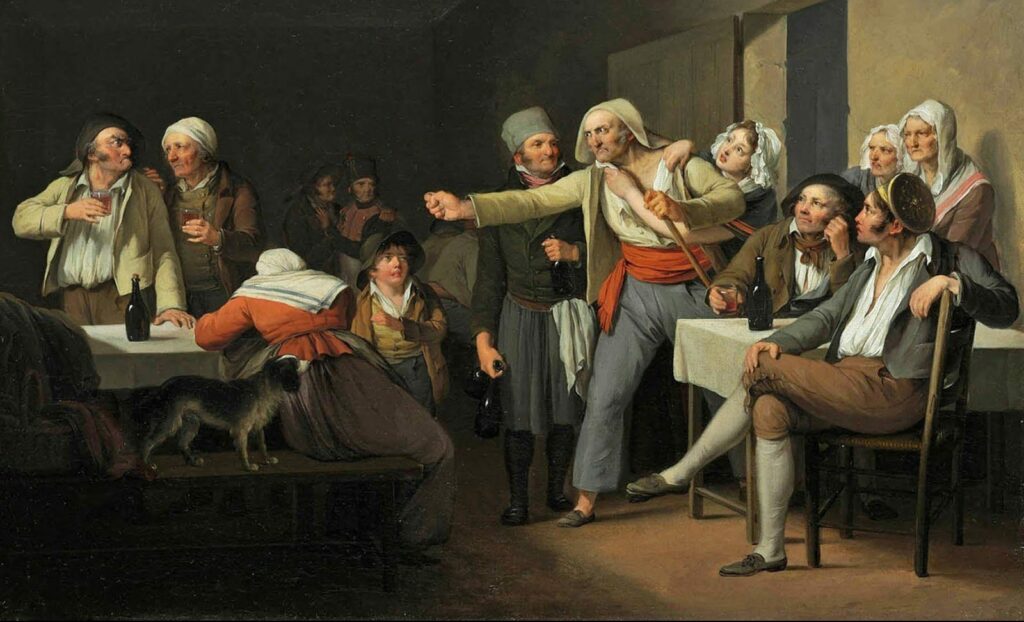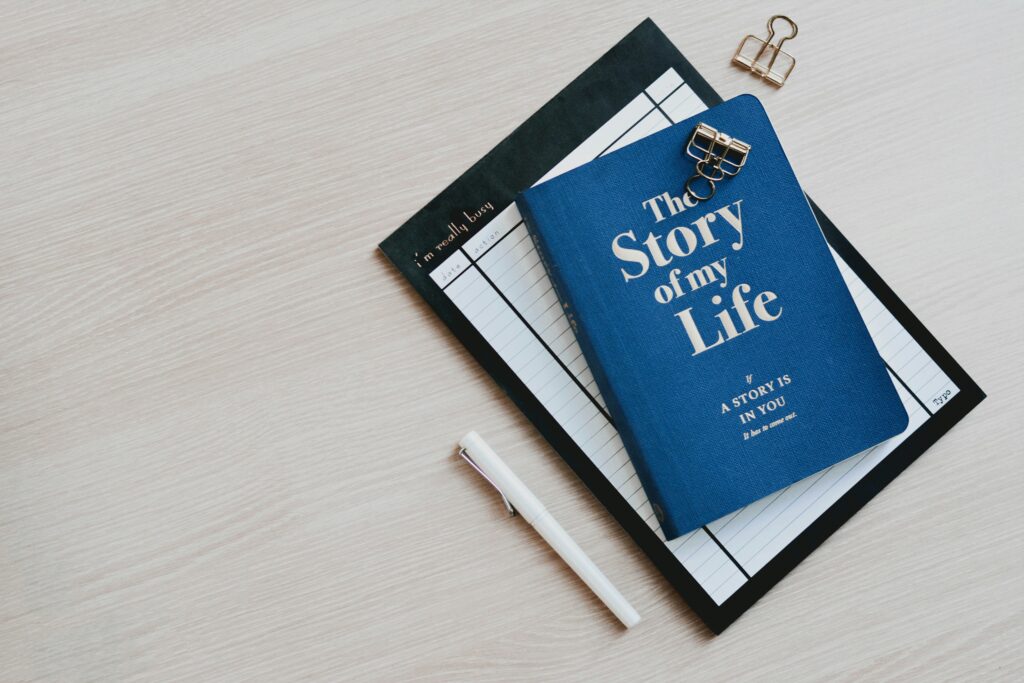Posts by Rudri Patel
The 50 Best Gifts for Writers in Your Life
Professional authors chime in on gift ideas for writers—both during the holidays and any time of year. If you’re looking for the best gifts for writers in your life, look…
Read MoreHow to Write Dialogue in a Story
The rules of good dialogue writing vary greatly from character to character—but if you’re wondering how to write dialogue in a story, this guide will help you develop characters that…
Read MoreFlash Nonfiction: The Craft of Tiny Truths
Flash nonfiction is an emerging literary genre that combines the concision of flash fiction with the truth-seeking qualities of creative nonfiction. By using as few words as possible to strike…
Read MoreHow To Write A Good Story
Writing a short story is a great way to get creative, express yourself, and produce something you can be proud of. And the good news is you already know how…
Read More90+ Writing Websites and Resources for Writers of All Stripes
Writing websites and resources exist for just about any writing need. This article directs you to some of the best writing resources on the internet for creative, technical, and academic…
Read MoreHow To Write a Book About Your Life: 8 Steps to Writing Your Memoir
Writing a book about your life is an intense experience. As you learn how to write your life story, you’ll also be confronting uncomfortable truths about yourself, possibly learning new…
Read MoreMemoir Vs Autobiography Vs Biography: The Craft of Nonfiction Books
What is the difference between a memoir vs autobiography vs biography? These three categories of nonfiction describe different approaches to telling your life’s story. But while these books all sit…
Read MoreWriting Therapy: How Language Helps Us Heal
How I came to writing therapy Throughout human history, stories have offered us a way to make meaning from complicated experiences. In the field of psychology, writing therapy is seen…
Read More40 of the Best Places to Submit Poetry Online
Where are the best poetry websites, journals, and magazines to submit poetry online? Every day, new literary journals are founded, but getting your work out into the world feels harder…
Read MoreHow to Write a Children’s Picture Book
Learning how to write a children’s picture book looks easy at first glance. The word count is short. The illustrations carry so much of the storytelling. The stories are simple…
Read More









